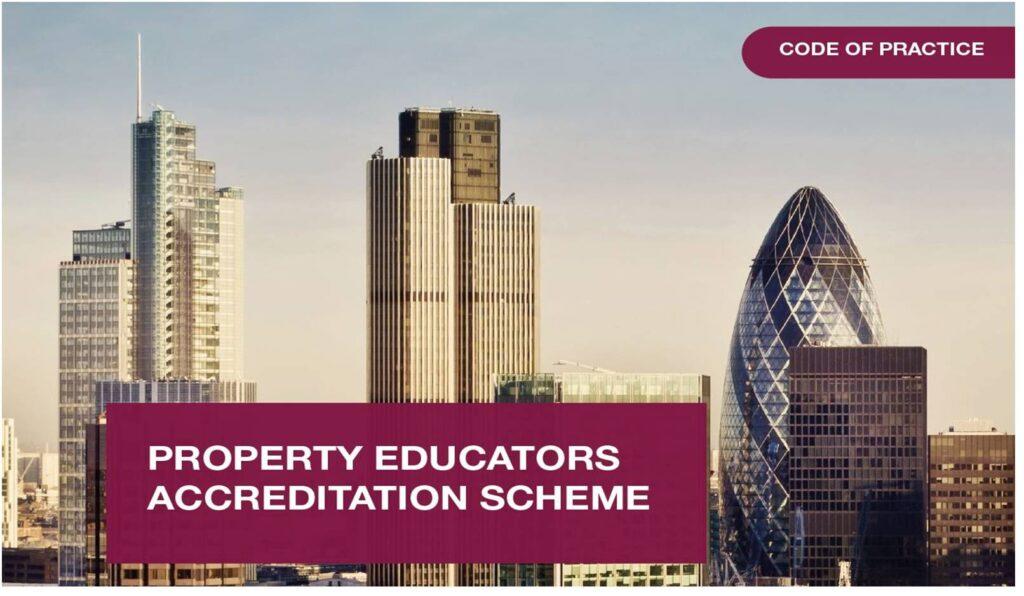Have your say – The consultation period will end on 30th April 2020 at 5pm
Have your say – The consultation period will end on 30th April 2020 at 5pm. An important part of the Property Investors Bureau’s (PIB) mission is to raise standards in the property investment industry. To help achieve this, the PIB created the Property Educators Accreditation Scheme (PEAS). Over the past several weeks, the PIB has been drafting the PEAS Code of Practice. PEAS is a form of self-regulation meaning that it is not mandatory for property investment educators to become accredited. For this reason it is important to ensure that PEAS strikes a healthy balance between cooperation and enforcement.
The three main objectives of PEAS are as follows:
- To help credible property investment educators differentiate themselves from less credible operators.
- To create greater transparency in the property investment education sector.
- To create greater protection for consumers who purchase property investment education.
VIEW CODE OF PRACTICE
The PIB does not expect PEAS to solve all of the issues within the property investment education sector overnight but it is important to start somewhere then continue to adapt and improve. Whilst more than a dozen property investment educators have already expressed an interest in joining the scheme, it is important to take on board as much feedback as is possible before accepting the first applications which is why your input is important.
The aim of this public consultation is to receive a wider breadth of feedback from anyone who has an interest in seeing the property investment education industry improve.
The consultation period will end on 30th April 2020 at 5pm. Whilst applications will be accepted from property investment educators, they will not be processed until the Code of Practice has been finalised after 30th April 2020.
The PIB team has received feedback from a wide range of stakeholders including, but not limited to:
- The Property Redress Scheme
- Consumers who have been involved in property investment education disputes
- Established property forums
- Financial media experts
- Property investors
- Property investment educators
- Property investment publications
- Other property investor communities
Influential figures from the property investment industry have shown continued support for PEAS. These figures include Paul Shamplina of Landlord Action, Simon Zutshi of Property Investor Network, Ranjan Bhattarcharya of the Baker Street Property Meet, Sean Hooker of the Property Redress Scheme and property expert John Howard.
To complete the consultation phase and finalise the Code of Practice, the general public now have the opportunity to comment on the proposed Code of Practice. To do so, members of the public should send all comments to info@pibuk.org. To speak to a member of the PIB team, call 01206 700 123.






